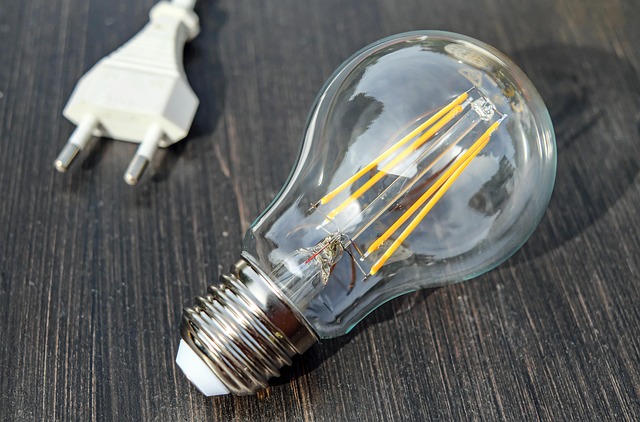Mastering Boiler Efficiency: A Comprehensive Guide
In today’s world, where energy costs are continuously on the rise and environmental concerns are paramount, understanding boiler efficiency is not just important; it’s essential. Whether you’re managing a commercial facility, running a manufacturing plant, or simply looking to enhance your home heating system, mastering boiler efficiency can lead to substantial savings and reduced environmental impact.
What is Boiler Efficiency?
Boiler efficiency refers to the effectiveness of a boiler in converting fuel into usable energy for heating. This efficiency is usually expressed as a percentage, indicating how much of the energy content of the fuel is translated into useful heat. The higher the percentage, the better the efficiency. Realizing the significance of this metric can empower you to make informed decisions regarding your boiler system.
The Importance of Boiler Efficiency
When it comes to operational costs, the efficiency of your boiler plays a pivotal role. A high-efficiency boiler not only reduces gas or oil consumption but also minimizes emissions, making it a win for both your wallet and the planet. By optimizing boiler efficiency, you can achieve:
- Cost Savings: Lower fuel bills are the most noticeable benefit of improved efficiency.
- Environmental Benefits: A more efficient boiler reduces greenhouse gas emissions.
- Increased Lifespan: Efficient systems are often less strained, leading to prolonged equipment lifespan.
- Enhanced Comfort: Improved heat distribution means a more consistent and comfortable environment.
Key Factors Influencing Boiler Efficiency
Understanding the factors that affect boiler efficiency is crucial in making enhancements. Here are several key elements to consider:
1. Fuel Type
Different fuels have varying energy contents. Consider switching to a fuel source that provides better energy value per dollar spent.
2. Maintenance
Regular maintenance is essential for keeping your boiler running at optimal performance. This includes routine inspections, cleaning, and necessary repairs.
3. Boiler Design
Advanced technologies, such as condensing and modular boilers, offer improved efficiency compared to traditional designs.
4. Insulation and Heat Loss
The way steam or hot water is delivered affects overall efficiency. Insulating pipes and optimizing heat distribution systems can minimize energy loss.
5. Controls and Automation
Upgrading to smart controls can help manage energy usage more effectively, optimizing performance based on real-time needs.
Strategies to Improve Boiler Efficiency
Once you’ve identified the areas of improvement, there are several actionable strategies you can implement:
- Conduct an Efficiency Audit: Assess the current performance of your boiler system.
- Upgrade Your Equipment: Invest in high-efficiency models or retrofits that will improve performance.
- Implement Regular Maintenance Plans: Set up a schedule to ensure your boiler is always in peak condition.
- Educate Your Team: Ensure that everyone involved understands the importance of maintaining efficiency.
Monitoring Boiler Efficiency
To effectively manage and improve efficiency, it’s vital to monitor performance regularly. Using advanced metering systems can provide real-time data on fuel consumption and operational performance. This data allows operators to make adjustments that can lead to significant reductions in energy costs and improved overall efficiency.
By embracing a proactive approach to boiler efficiency, you not only enhance the performance of your heating system but also contribute positively to your financial outcomes and the environment. Understanding and mastering these aspects can empower anyone, from facility managers to homeowners, to take control of their energy use in a meaningful way.




